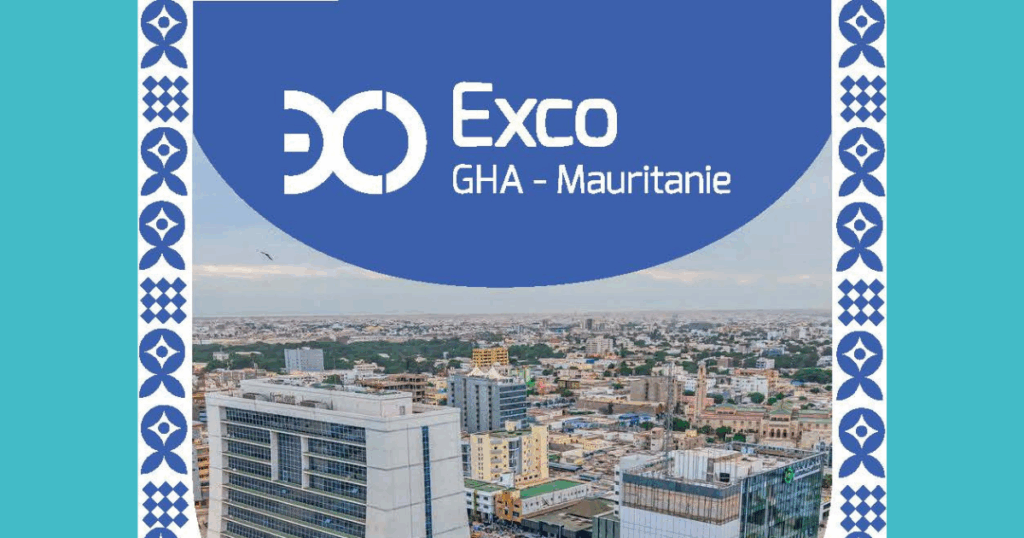Doing business in Cameroon
- How quickly can I set up a business?
- What is the minimum investment needed?
- How can I raise finance?
- What are the legal requirements for setting up my business?
- What structure should I consider?
- What advice can you give me in regards to payroll and taxation requirements?
- Is there anything else that I should know?
How quickly can I set up a business?
Following technical procedures such as compiling a business plan and the requested documents, the Cameroonian government has set up an organ to facilitate the creation of enterprises known as “Centre de Formalites de Creation d’Entreprise (CFCE)”, which offers the possibility for the creation of an enterprise in 3 days, particularly for capital less than 1 000 000 CFA. For more than 1 000 000 CFA you need to liaise with a notary.
What is the minimum investment needed?
The investment Charter 2020 governs foreign investment in Cameroon.
The business formalities center (Centre de Formalités de Creation d’Entreprise – ‘CFCE’), established under the Investment Promotion Agency (Agence de Promotion des Investissements ‘CIPA’), acts as a one-shop for business formation services.
All businesses are to register with the CFCE, irrespective of the size of the company and the nationality of its funders.
On the registration of the company at the CFCE, it will be registered with the Register du Commerce and the Credit Mobilier, as well the Tax Administration (Direction Generale des Impots – ‘DGI’).
How can I raise finance?
Finance can be raised through personal savings, borrowing or bank loans. The most popular source of finance is bank loans because of the availability of those banks, their cooperation and the competition that exists in that sector.
What are the legal requirements for setting up my business?
There are several ways of doing business in Cameroon. The most common being the setting up of a limited liability company (SARL). Investors can also establish a public limited company (SA). Alternatively, foreign companies have the option of setting up a branch office or a representative office.
What structure should I consider?
The forms of doing business available in Cameroon are mainly the following, provided for by the OHADA Uniform Act on Commercial Companies and Economic Interest Groupings:
Cameroon limited liability company (SARL):
The SARL is the most common legal entity used by entrepreneurs to set up SMEs in Cameroon. A SARL must appoint at least 1 resident director and one shareholder of any nationality. The shareholder can be an individual or a body corporate. The minimum share is 100 000 CFA will shall be divided into equal share whose face value may not be less than 5000 FCFA.
Cameroon Public limited Company (SA):
A minimum paid-up share of 10 Million CFA is required to complete the company setup in Cameroon. A higher share capital of 10 million CFA is, however, required afterwards if the company intends to be publicly listed.
Simplified limited Liability Company (Societe par Action simplifiée SAS):
No minimum required share but in practice it is 10 million CFA.
Cameroon Branch (Succursale):
Foreign companies may open branches of their foreign legal entities in Cameroon.
Cameroon Representative Office (Bureau de liaison):
Although 100% foreign ownership of a representative office is allowed, it is not considered a legal entity and it is not allowed to conduct any direct sales in Cameroon.
What advice can you give me in regards to payroll and taxation requirements?
The tax system under ordinary law for companies established in the Republic of Cameroon is codified in the General Tax Code and applied to both resident and non-resident companies. This tax is levied on categories of income as follows:
• Profits or income made by companies and other corporate bodies.
• Salaries, wages, pensions and life annuities.
• Income from stocks and shares.
• Income from real estate.
• Profits from handicraft, industrial and commercial activities.
• Profits from farming business.
• And profits from non-commercial and related profession.
The standard corporate income tax rate is 30%. An additional council tax of 10% is applied making the total tax charge to be 33%.
The monthly minimum tax applied on the turnover is generally 2.2%, 3.3% or 5.5% of turnover based on the tax regime to which the company belongs.
The minimum tax is creditable against corporate tax due for the current financial year. In case of loss, the monthly amounts paid within the year is considered as corporate minimum tax.
The Value Added Tax (VAT) in Cameroon is levied at a standard rate of 19.25%. Companies with a taxable annual turnover for VAT file returns by the 15th of each month.
A 16.5% withholding tax is applicable on dividends paid to resident- and non-resident companies. This can be reduced where a double tax treaty is applicable.
A 15% withholding tax is applicable on royalties paid to non-resident companies. The rate may, however, be reduced where a double tax treaty applies.
Capital duty is chargeable depending on the companies registered capital at a regressive rate of 2% and 0.25%.
Taxable income:
• Income from salaries, wages, allowances, emoluments, pensions and life annuities; where the remunerated activity is carried out in Cameroon.
Basis of assessment:
• The basis of assessment shall be the gross amount of salaries, allowances, emoluments, wages, pensions and life annuities as well as benefits in kind or in cash granted to the persons concerned.
Is there anything else that I should know?
An ad valorem and specific excise duty on products is instituted. Generally, excise duty is applicable on the following products: wines of fresh grapes, cigars and cigarettes, cosmetics, beers, telephone and internet operations.
Rules applicable on VAT relating to persons liable, taxable operations, exoneration and territoriality are also applicable to excise duty.
Our firms in Cameroon
How can Kreston grow your business?
Select your business type:
Latest news

Invest in Mauritania
The latest guide to investing in Mauritania from Exco GHA Mauritanie, “Invest in Mauritania” in English. Learn about investment opportunities in sectors with growth potential.

Kreston Pedabo on the Africa Industrialisation Agenda
Kreston Pedabo share insight on key beneficial legislation for international businesses looking to expand into Africa.

Doing business in Africa
If you are considering doing business in Africa, Kreston Global is a top 10 ranking network in the region, with a significant presence spanning 28 countries, 27 firms and almost 1400 staff.

